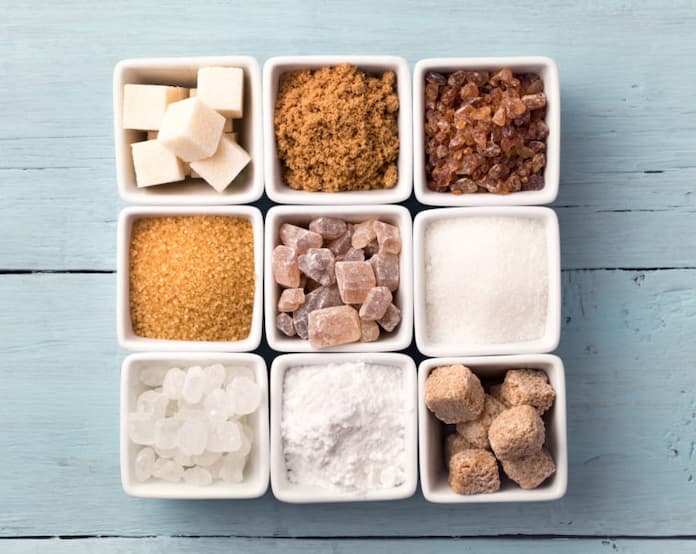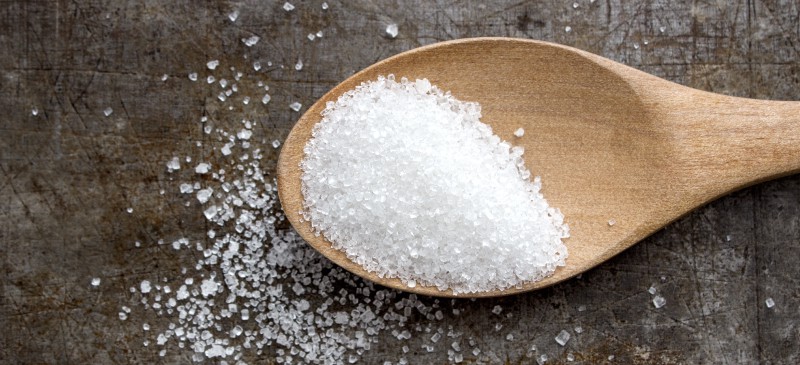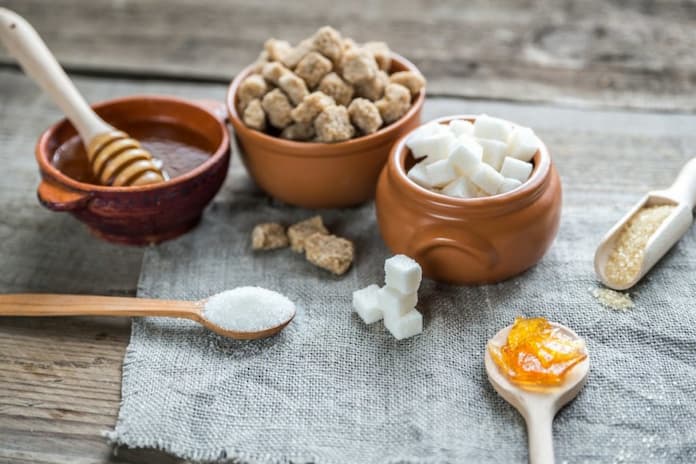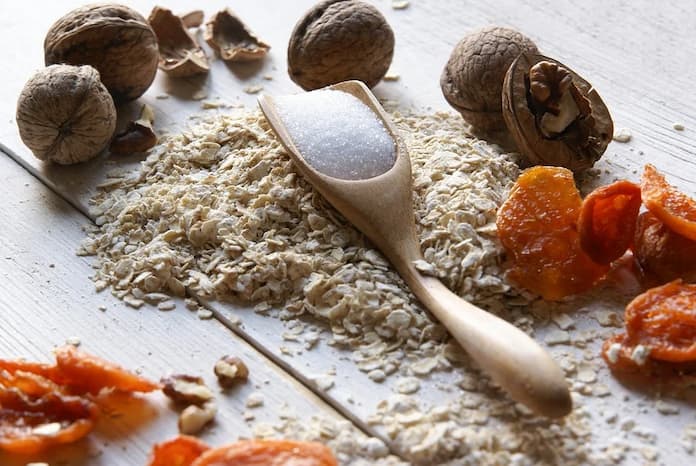Healthy Sugar Substitutes: Why Should You Replace Sugar With Erythritol?
More and more people today are becoming aware of the adverse effects of white sugar on the human body. We all know how increased sugar intake leads to higher blood pressure, inflammation, weight gain, diabetes, and fatty liver disease. But have you ever thought about how addictive are sugary foods and drinks?
Contents
The Addictive Nature of Sugar
Research suggests that sugar behaves like a drug in our bodies. When we eat sugar, it activates the brain’s pleasure centres. Our brain gets a rush of the feel-good hormone called dopamine.
If you think this is an exaggeration, think again. When we eat a piece of cake, for example, we feel good at the moment. Until we start feeling guilty, and then we say to ourselves, we need to cut back on dessert. But sugar withdrawal is a real thing: if we consume sugary foods and drinks regularly, we have cravings if we suddenly stop. Cravings make us eat sweet delights again, even more than we’ve planned, and then the cycle repeats. The same happens to drug addicts and alcoholics.
Does this mean that you shouldn’t eat desserts and sweets at all? Certainly not. One thing you can do is reduce your daily sugar intake. Another thing is to replace added sugar with some of its healthy alternatives. Many people have found this very helpful on their journey to a healthier lifestyle.
What Are Sugar Substitutes?

Sugar substitutes are no or low-calorie sweetener alternatives to regular table sugar. They come in 3 groups:
- Natural sweeteners, such as honey, date syrups, stevia and monk fruit.
- Artificial sweeteners, such as saccharin, aspartame, acesulfame potassium, sucralose, and neotame.
- Sugar alcohols, such as erythritol and xylitol.
Lately, buying erythritol powdered sugar has become very popular among communities promoting healthy eating and keto lovers. What’s erythritol and how does it compare to other healthy sugar alternatives? How can you benefit from using this sugar alcohol instead of sugar?
What Is Erythritol?

Don’t let the name fool you; erythritol is neither sugar nor alcohol. It’s a natural sweetener found in foods like grapes, peaches, watermelons and mushrooms. Although you can find it in nature, as a sweetener it’s been a man-made product since 1990. Although it’s produced, it’s completely natural, as it’s derived in a process called fermentation. It’s the same natural process that we use to get yoghurt, kefir, wine, beer and pickles.
This natural sweetener comes in 2 forms, as a granulated erythritol and erythritol powdered sugar. The first is in form of a coarse crystal that looks like regular table sugar. And the powdered one looks exactly like powdered sugar. It has smaller crystals that dissolve more easily.
Erythritol is also one of the sugar alternatives most similar to sugar in taste, with no aftertaste. However, it has a cooling sensation when dissolved in the mouth – it feels like sucking mint without the mint flavour. Many people like this feeling of coolness.
Erythritol contains zero calories per serving of 4 grams. This doesn’t affect its sweetness. It has 70% of the sweetness of the table sugar. This means you should use a little more than the regular sugar to get the same sweetness. It’s a good option for those who like things less sweet.
How Does Erythritol Compare to Other Sugar Substitutes?

Erythritol is a natural sweetener, making it better than artificial, chemically made sweeteners. The use of natural sweeteners comes with health benefits that we can’t get from artificial ones.
It’s very similar to monk fruit, but it’s up to 300 times sweeter than sugar, so we use it in smaller amounts. Erythritol blends well with the monk fruit extract, and that’s why there’s erythritol in most monk fruit sweetener blends. Most people that don’t like the bitter aftertaste that stevia leaves in the mouth find erythritol tasty and sweet enough.
Compared to other sugar alcohols like xylitol, sorbitol and maltitol, erythritol seems to be more easily digestive. This is due to the fact it degrades mainly in the small intestine instead of the large. Small amounts of other sugar alcohols can cause digestive problems, such as diarrhoea; you have to consume an excessive amount of erythritol to get this side effect. This doesn’t mean you shouldn’t be cautious at all.
Health Benefits of Erythritol

Erythritol for Diabetes
How healthy is erythritol? Recent studies have suggested that erythritol might be a preferred sugar substitute for people with diabetes. Erythritol doesn’t break down in our bodies, as we don’t have the enzymes to do that. Instead, we absorb it in the bloodstream and then excrete it through urine over 24 hours. That’s why it inhibits the increase of blood sugar and insulin levels. If you’re overweight or have diabetes, erythritol may be the best sugar alternative for you.
Erythritol for Heart Disease
Erythritol sweetener is an antioxidant. Studies have shown that its antioxidant properties prevent damage to the blood vessels caused by high blood sugar levels. People who took 36 grams of erythritol over a month improved the function of their blood vessels, which potentially reduced their risk of heart disease.
Erythritol for Oral Health
Mouth bacteria can’t use sugar alcohols for energy, and they also suppress the growth of bacteria directly. This makes them suitable for your pearly whites. Recent studies have shown that erythritol is more protective against dental cavities than xylitol and sorbitol. It’s no surprise it has found its way into many oral care products, like mouthwash and toothpaste.
What to Look for When Buying Erythritol?
When shopping for erythritol Australia-wide, carefully read the product label. Many sellers label their erythritol as a zero-calorie sweetener, while the nutrition chart on their products tells something else. Search for high-quality erythritol that contains zero GI (glycemic index), zero carbs, and is non-GMO and low-calorie. Only that way, you can fully benefit from the healthy sugar alternative – erythritol.






